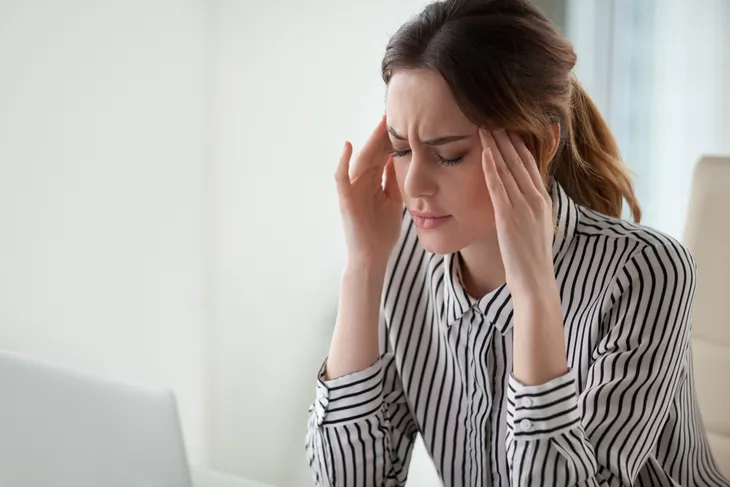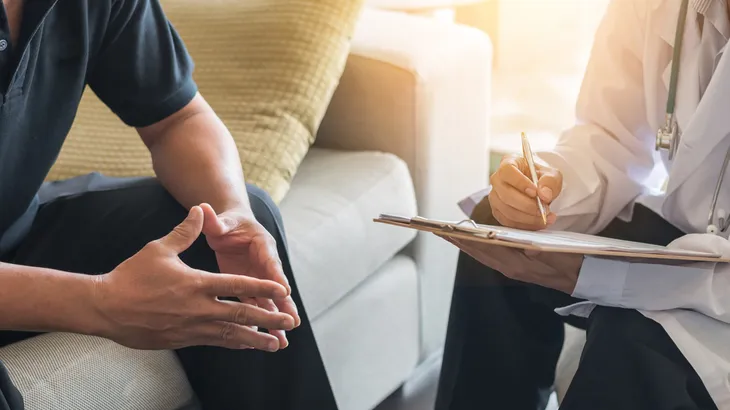In recent years, stress has been identified by a range of health professionals as a significant health risk. Constantly feeling as though you’re under pressure can lead people to suffer more than simply mental health issues—from anxiety to depression—but can also affect how their other body parts function.
Because extensive exposure to stress can make it hard to eat, sleep, or simply feel comfortable with oneself, it can have a drastic impact on major organs like the stomach, intestines and even the heart. So, what can you do to help alleviate stress and protect your heart, one of the body’s most important organs?
Identify the Source of Stress
The first step in overcoming or at least alleviating stress can be the most difficult because it involves reflecting on what’s causing it. This may be more difficult than you think, for several reasons: for one, the source of stress can be painful to explore—this might explore the end of a long and intense relationship, the passing of someone close to you, or change at work.
Second, this reflection exercise may reveal that there are more issues affecting your stress levels than you previously thought. Once you develop a clear idea of what’s causing your stress to spike, you can develop a coherent and comprehensive strategy for addressing it.
Reach Out to Loved Ones
Many of us like to think that we have the power to act like a “lone wolf” when necessary. In other words, we’re strong enough to go it alone and in the relationships we do engage in, we’re the supportive one, not the one that needs to be supported. Unfortunately, the truth often reveals something else.
In the end, strong relationships can play a huge role in helping you identify and alleviate stress, thereby helping to protect your mind and body. So, if stress is becoming a problem for you, don’t hesitate to reach out to those around you, including friends, family or even coworkers. Their guidance could help you begin the process of identifying and overcoming the source of your stress.
Get Physical
Being physically active can be a great way to combat stress and reduce its impact on your mind and body. It doesn’t have to be something especially intense or complicated, such as training for a marathon, but can be simple—like going for a walk or jog each day. Another great idea: be physically active with people you like; this could mean joining a sports team or yoga class together.
Getting exercise will help you fight stress in several ways: first, it may very well help you forget the source of stress while you’re engaged in the physical activity. Second, it will make you feel good about yourself, an important factor in fighting stress. Finally, it will help your body and specifically your heart by getting your heart pumping and burning a few calories.
Seek Help from a Professional
There was once a time when people were generally discouraged from seeking the help of health professionals when experiencing mental or physical health problems related to stress. But that time has long since passed. Today, there are many different types of professionals who specialize in helping us identify sources of stress and begin the often complicated process of alleviating it.
So, don’t be afraid to reach out to your family doctor about the problem. They can put you in touch with someone who can help you, such as a social worker, psychologist, or psychiatrist. Together, you and that professional can start working on a plan to help you reduce the stress that’s having a negative impact on your mental and physical health.
Get Back to Things you Love
Too often stress causes us to put distance between ourselves and the things we love. But engaging in things that make us happy—from cycling to playing video games to meeting a friend for a drink—can have a huge impact in alleviating stress.
If you’re feeling stressed out for any reason, try to put together a list of the things you remember made you feel truly happy. This doesn’t have to be a complicated list with exhaustive requirements. For instance, you shouldn’t be expected to book a trip to London or Paris. Think about simpler sources of joy, such as those mentioned above or others like cooking a nice meal, watching your favorite sports team, or listening to music.
Give Yourself Some Space
Put simply, the longer you’re exposed to stress, the more likely it is to have a significant impact on your mental health and physical well-being. Over time, this could lead to the emergence of serious mental and physical health problems, from depression to heart disease.
That’s why it’s important to take a break from the source of stress once it’s been clearly identified. This can just be for a few minutes or hours. For example, if work is stressing you out, consider leaving the building to take a walk or grab lunch at the local diner. However, if the problem is more advanced—and won’t go away in a few hours—it may be time to explore giving yourself some time away from the source of stress.









